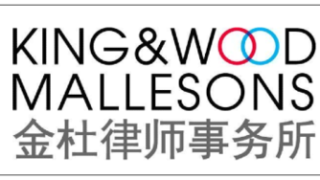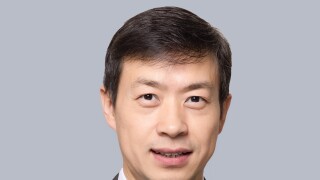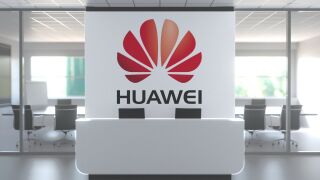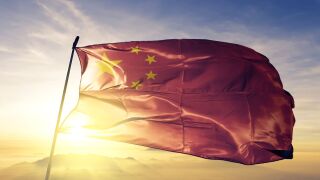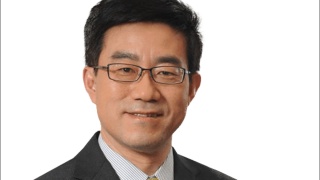China
The Australian side, in particular, can benefit by capitalising on its independent status to bring in more work from Western countries while still working with its former Chinese partner
King & Wood Mallesons will break into two entities, 14 years after a merger between a Chinese and an Australian firm created the combined outfit
Xia Zheng, founder of AFD China, discusses balancing legal work with BD, new approaches to complex challenges, and the dangers of ‘over-optimism’
Stephen Yang joins us for our ‘Five minutes with’ series to explain why his role requires him to wear many hats
Recently published Special Focus articles
Recently published Special Focus articles
-
Sponsored by AnJie Law FirmOn August 28 2020, the Chinese Supreme People's Court (SPC) granted the very first anti-suit injunction in the standard essential patent (SEP) royalty dispute case of Huawei v Conversant, which enjoined Conversant Wireless Licensing (Conversant) from seeking enforcement of the Dusseldorf regional court's injunction ruling against Huawei Technologies (Huawei). This case thus opened the door for Chinese courts to issue anti-suit injunctions (ASIs).
-
Sponsored by Liu, Shen & AssociatesArtificial intelligence (AI) is a technology that simulates human intelligence. It performs tasks that usually require human intelligence, such as visual perception, natural speech recognition and language translation.
-
Sponsored by Beijing East IP近年、中国市場規模の継続的な成長、中国の知的財産保護環境の改善、人々の知的財産保護への意識の高まりに伴い、中国における特許・商標の出願件数と知的財産紛争は急速に増加している。企業は、大量の特許・商標出願件数がもたらす紛争リスクに対し、それらを見逃さず、積極的に対応する必要がある。また、安全な生産と運営活動を守るために、中国の知的財産保護の現状について理解を深め、知的財産制度を最大限に活用する必要がある。以下、知的財産レイアウト、知的財産紛争、法規制の推移の観点から、中国における特許・商標の出願と保護の現状及び動向について分析する。
-
Sponsored by Beijing East IPYongyu Zhang of Beijing East IP examines trends and developments in the fields of patents and trademarks, looking at application patterns, disputes and changes in the law
-
Sponsored by Jiaquan IP LawMark Weifeng Lin of Jiaquan examines the issues that can arise during patent translation, for example those relating to grammar, terminology and fluency, and suggests ways to overcome these challenges
-
Sponsored by AnJie Law FirmBack at the end of April, the Committee of the Science and Technology Innovation Board at the Shanghai Stock Exchange announced that the meeting for reviewing the initial public offering (IPO) application of MEMSensing, a Chinese MEMS microphone sensor supplier, was cancelled due to an "emergence of significant matters." The "significant matters" they were referring to were 16 patent disputes brought by Goertek seeking both permanent injunctions and damages totalling over RMB 100 million ($14.5 million). Goertek and MEMSensing are competitors producing MEMS microphones, a key component in the smart speakers of Google, Amazon, Apple, Alibaba, and Xiaomi.

